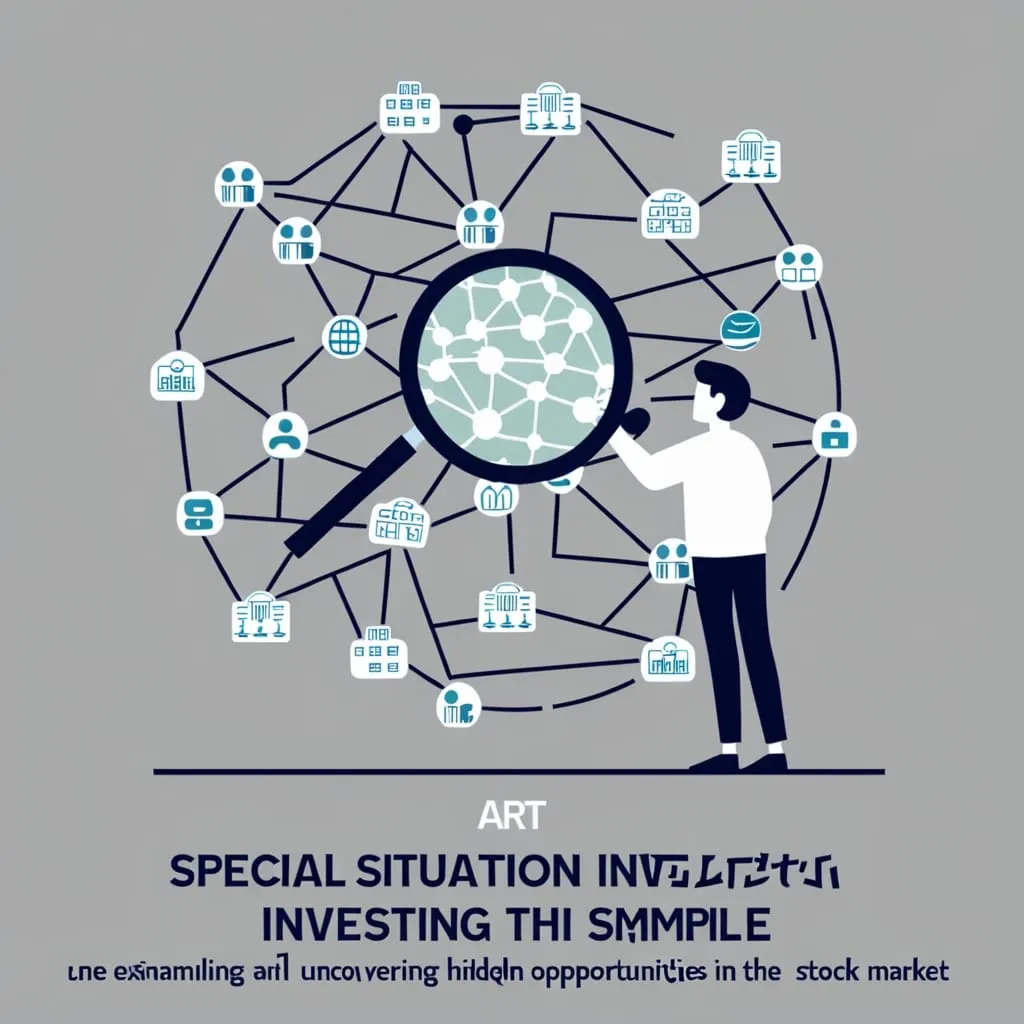In the realm of personal finance, the traditional narrative often portrays money management as a solitary endeavor, a private affair that each individual must navigate alone. However, what if this approach could be transformed? What if forming a community around financial goals could not only make the journey more enjoyable but also more effective?
Meet Neha, a young professional who decided to challenge this conventional wisdom. She gathered a small group of friends to form what they called the "Mindful Money Circle." This was not just a casual gathering; it was a deliberate effort to turn personal finance into a collaborative journey.
The concept of collaborative finance is not new, but it is often overlooked in favor of more individualistic approaches. In Neha's group, each member contributed a set amount of money to a shared pool, similar to collaborative saving practices where members pool their resources for mutual benefit. However, their focus was not just on saving or lending; it was on supporting each other's financial growth and well-being.
Every month, the group would meet to discuss their budgets, investments, and financial challenges. These meetings were more than just financial check-ins; they were safe spaces where members could share their fears, successes, and learning experiences. By doing so, they broke down the taboos associated with discussing money, fostering an environment of transparency and trust.
One of the key benefits of the Mindful Money Circle was the collective wisdom it brought together. When one member faced a financial dilemma, the group would brainstorm solutions collectively. For instance, when Neha was considering investing in a new stock, the group's diverse perspectives helped her make a more informed decision. This collaborative approach not only enriched their financial knowledge but also provided a sense of accountability.
Accountability is a powerful motivator. In the Mindful Money Circle, members set group challenges and celebrated each other's financial milestones. For example, they might challenge each other to save a certain amount within a specific timeframe or to reduce unnecessary expenses. Celebrating successes, no matter how small, reinforced positive financial behaviors and motivated members to continue on their path.
This approach also highlighted the importance of social connections in financial success. Traditional financial advice often focuses on individual actions—budgeting, saving, investing—but neglects the role of community. By leveraging their social connections, the members of the Mindful Money Circle found that they were more likely to stick to their financial plans and make better financial decisions.
The group's meetings were structured but flexible. They used digital platforms to manage their shared funds and communicate between meetings. Tools like Loomio helped them make collective decisions and set terms for any loans or investments they decided to undertake. This blend of technology and human interaction made their collaborative finance model both efficient and effective.
As the Mindful Money Circle grew, so did its impact. Members began to see improvements not just in their financial health but also in their overall well-being. The stress associated with managing finances alone was significantly reduced, replaced by a sense of camaraderie and shared purpose.
Neha's experience is not an isolated case. There are numerous examples of collaborative finance initiatives around the world that have transformed the way people manage their money. For instance, Accumulating Savings and Credit Associations (ASCAs) involve members pooling their savings and lending to each other, often with the goal of investing the collective funds to earn interest income. These models demonstrate that financial growth can be a collective endeavor, rather than a solitary pursuit.
The Mindful Money Circle also integrated elements of mindfulness and financial education into their meetings. They would discuss topics such as the importance of a simple, mindful investment portfolio, which avoids unnecessary complexity and reduces transaction costs. This approach, inspired by the principles of mindful money management, helped them make more thoughtful and sustainable financial decisions.
In addition to financial education, the group emphasized the value of generosity and community engagement. They incorporated philanthropy into their financial plans, recognizing that giving back to the community not only enhances personal happiness but also contributes to a more equitable society. This holistic approach to finance underscored the interconnectedness of personal and community well-being.
The success of the Mindful Money Circle challenges the conventional wisdom that money management must be a private affair. It shows that by forming a supportive community around financial goals, individuals can achieve more than they could alone. This collaborative approach not only fosters learning and accountability but also breaks down the taboos associated with discussing money, leading to a more empowered and financially healthy community.
As Neha and her friends continue on their financial journey together, they serve as a testament to the power of collective action in personal finance. Their story is a reminder that money management does not have to be a solitary pursuit; it can be a collaborative journey that enriches both individual and community life. By embracing this mindset, we can transform the way we think about and manage our finances, making financial growth a shared and supportive endeavor.






